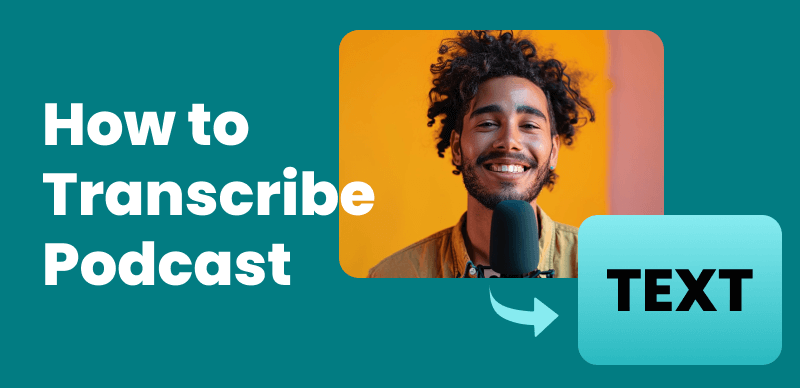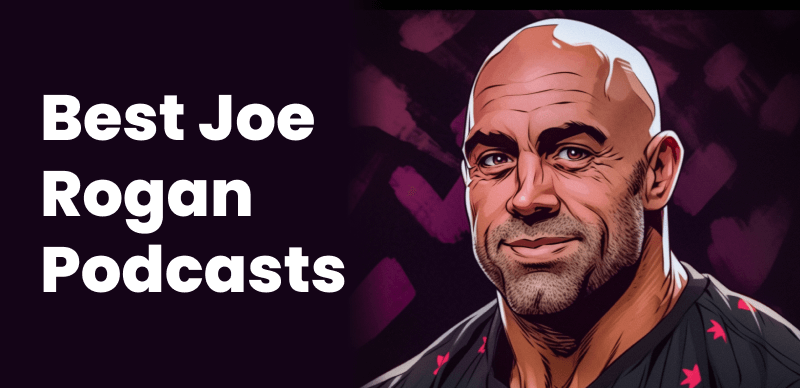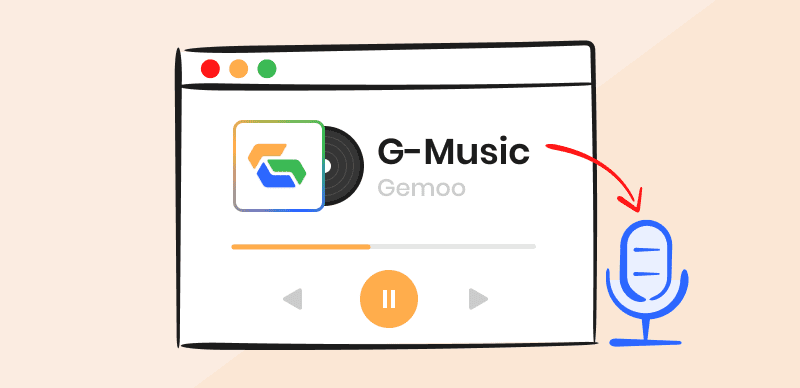Recording a podcast may seem like a daunting task, especially for beginners, but with the right guidance and preparation, it can be an incredibly rewarding experience. Podcasting offers a unique platform to share your thoughts, stories, or expertise with a global audience.
In this guide, we’ll walk you through the essential steps to record a podcast like a pro. From conceptualizing your podcast’s theme and preparing your content, to selecting the right podcast recording software, we’ll cover everything you need to know. We’ll also delve into the technical aspects, such as sound quality, audio editing, and distribution, to ensure your podcast stands out in a crowded field. Whether you’re a solo host or planning a collaborative show, this introduction will set you on the path to creating compelling podcast content that resonates with listeners and helps you achieve your goals. Let’s dive into the world of podcasting and learn how to craft an audio experience that captivates and informs.
Table of Contents: hide
What Equipment is Needed to Record a Podcast?
What Equipment is Needed to Record a Podcast?
Recording a podcast can range from a simple setup to a more complex and professional one, depending on your needs and budget. Here’s a list of equipment commonly used for podcast recording:
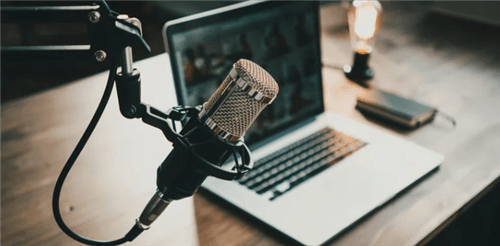
Equipment to Record a Podcast
- Microphone: A good quality microphone is essential for clear audio. Dynamic microphones or condenser microphones with a pop filter are popular choices.
- Audio Interface: An audio interface converts the analog signal from the microphone into a digital signal that your computer can record. It can also provide phantom power for condenser microphones.
- Headphones or Monitor Speakers: Closed-back headphones are often used to avoid feedback and to allow for private listening during recording.
- Recording Software: You’ll need digital audio workstation (DAW) software to record and edit your podcast. For iOS users, GarageBand is a popular free option.
- Acoustic Treatment: To improve audio quality, consider using acoustic panels, bass traps, or even a portable vocal booth to reduce echoes and background noise.
- Pop Filter or Windscreen: A pop filter can help reduce plosives and wind noise from your speech.
- Audio Editor: For post-production, you may need additional software or plugins for tasks like noise reduction, equalization, compression, and leveling.
- Music and Sound Effects: If your podcast includes music or sound effects, you’ll need a library of royalty-free or licensed audio to use.
- Storage: High-quality audio files can be large, so ensure you have enough storage space on your computer.
- Collaboration Tools: If you’re working with a team or remote guests, you might need software or services that facilitate remote podcast recording and collaboration.
- Lighting & Camera: If you plan to include video or want to present yourself on camera during recording, proper lighting and camera are important.
How to Record a Podcast Like a Pro?
Recording a podcast like a pro involves careful planning, high-quality equipment, and good production practices. Here’s a step-by-step guide to help you record a professional-sounding podcast:
Plan Your Podcast Content
Define your podcast’s topic, target audience, and format (interviews, storytelling, etc.). Then plan the structure of your episodes, including intros, content segments, and outros. Before initiating the recording process, write a detailed script for each episode or create a comprehensive outline to guide your recording.

Plan Your Podcast Content
Choose the Right Equipment
Invest in a good-quality microphone, headphones, and an audio interface. Use an acoustically treated space or add foam panels to reduce background noise.
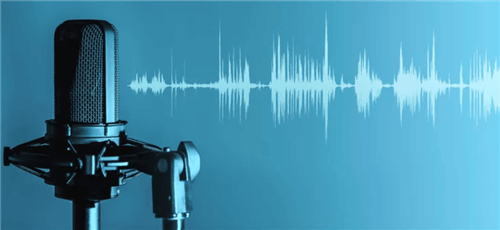
Choose the Right Equipment
Select a Recording Software
Select and learn to use an audio recording tool like FocuSee. Do a sound check to set the correct input levels and avoid clipping or distortion. Also, record a sample episode to identify any issues with your setup or content.
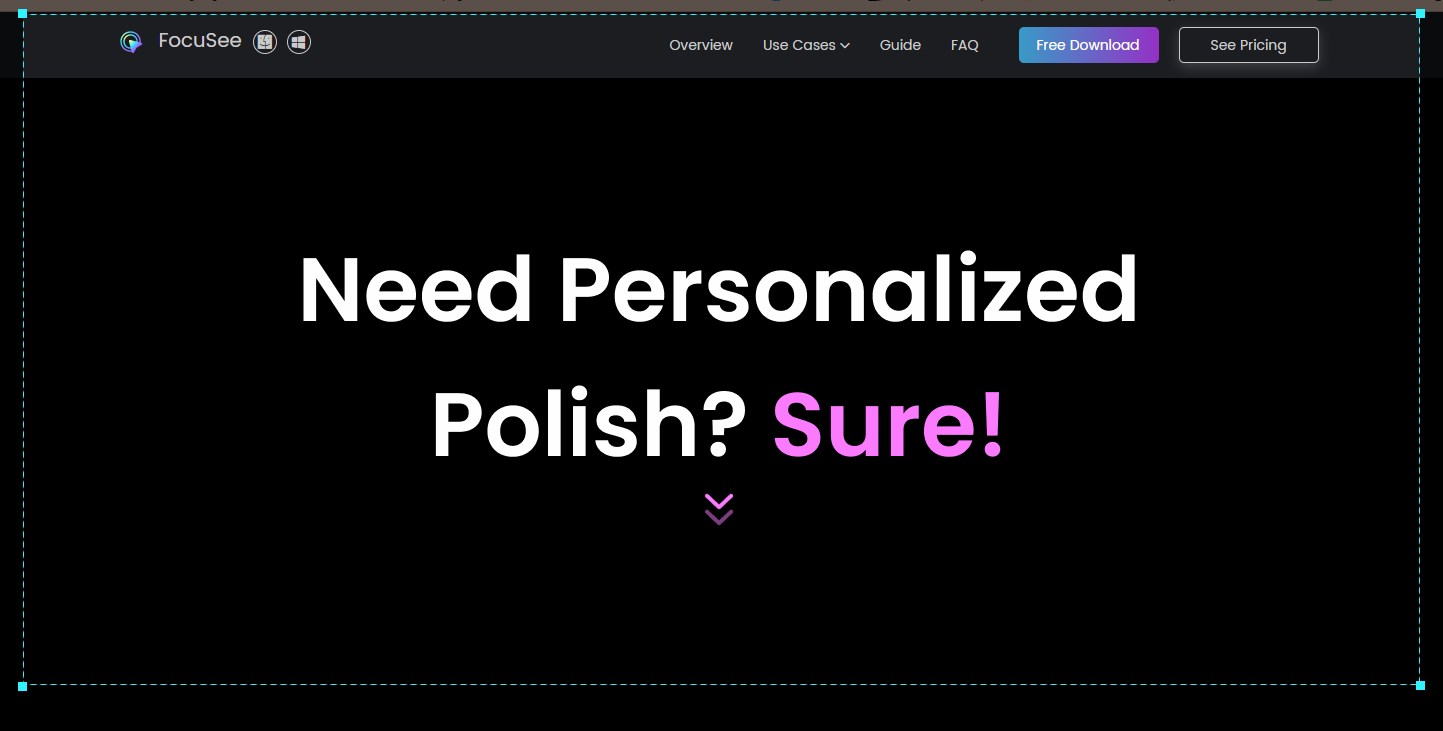
Record with FocuSee
Conduct the Interview or Monologue
Speak clearly and at a moderate pace. Use a pop filter on your microphone to reduce plosive sounds.
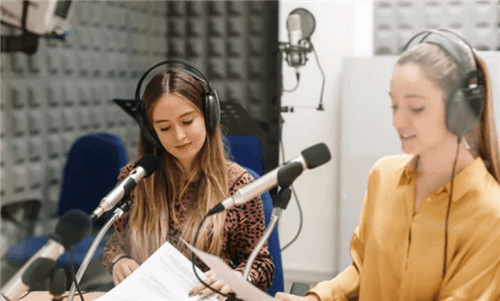
Conduct the Interview or Monologue
Edit Your Podcast
Use your DAW to cut out mistakes, fill in gaps, and adjust audio levels. Apply equalization and compression where necessary to enhance the audio quality.
When finish recording your podcast, use social media, your website, and other channels to promote your podcast and engage with your audience.
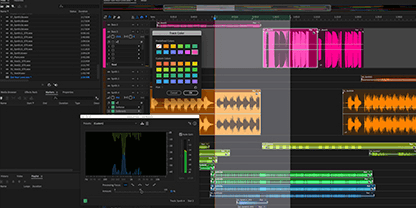
Edit Your Podcast
FAQs About Podcast
By the end of the post, we will answer several questions about podcasts.

FAQs About Podcast
How to podcast for beginners?
Starting a podcast as a beginner can be an exciting venture. Here are some tips that may help you get started:
- Determine the topic or theme of your podcast. Choose something you’re passionate about and that there’s an audience for.
- Know who you’re speaking to. This will help you tailor your content and tone to your listeners.
- Decide on the format of your podcast (interviews, storytelling, how-to, etc.) and plan your episodes.
- Invest in a good-quality microphone, headphones, and an audio interface if necessary.
- Find a quiet, echo-free space to record. You can use blankets or foam panels to improve the acoustics.
- Record a sample episode to get comfortable with the process and to identify any issues. Use your DAW to edit out mistakes, adjust audio levels, and add music or sound effects.
- Save the final audio file in a format suitable for podcast distribution, such as MP3.
Do podcasts make money?
Yes, podcasts can make money, but the revenue varies widely based on several factors, including the podcast’s popularity, audience size, content, and the monetization strategies employed. Here are some common ways podcasts generate income:
- Sponsorships and Advertising: Brands may pay to advertise on a podcast, either as a one-time sponsor or through a series of ads. This is often the primary source of income for many podcasts.
- Sponsored Episodes: Some podcasts are entirely sponsored, where the entire episode is dedicated to discussing a product or service in exchange for payment.
- Affiliate Marketing: Podcasters can earn commissions by promoting products or services through affiliate links or codes.
- Merchandise Sales: Podcasters can sell branded merchandise, such as T-shirts, mugs, or other items, to generate additional revenue.
- Consulting or Coaching: If the podcast is focused on a specific niche, the podcaster may offer consulting or coaching services.
- Podcasting Platforms: Some podcast platforms offer revenue-sharing or payment for exclusive content.
Final Thought
In conclusion, recording a podcast involves a series of thoughtful steps, from conceptualization to distribution. You’ve learned the importance of defining your podcast’s niche, planning engaging content, and preparing a script or outline. The right equipment, such as a quality microphone and recording software, is crucial for capturing clear audio. Editing your podcast with precision and care ensures a polished final product, and choosing the right hosting platform is key for reaching your audience.
Remember, the journey to creating a successful podcast is an ongoing process of learning and improvement. Stay consistent with your releases, engage with your listeners, and be open to feedback. As you grow your podcast, continue to refine your approach, adapt to new technologies, and explore innovative ways to enhance your storytelling.
Your podcast has the potential to make a significant impact, whether it’s to educate, entertain, or inspire. With dedication, patience, and a commitment to quality, you can turn your podcasting passion into a thriving platform that connects with listeners around the world. Keep the conversation going, and happy podcasting!

